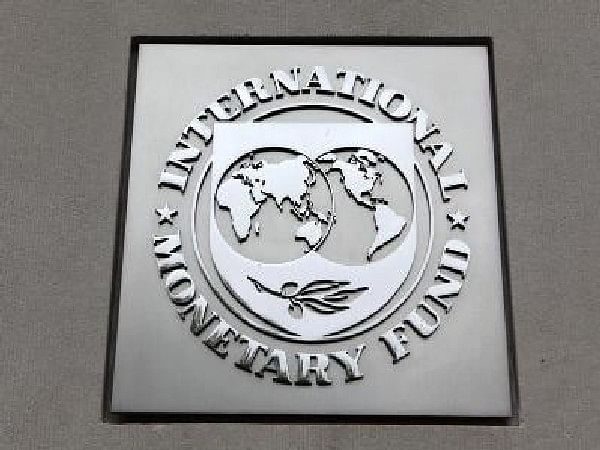Washington [US], April 27 (ANI/Sputnik): The Caucasus and Central Asia region (CCA) is projected to experience lower economic growth in 2022 compared to last year, while the recovery in the Middle East and North Africa (MENA) region is expected to remain uneven, the International Monetary Fund (IMF) said in its regional report on Wednesday.
“The outlook for the CCA region is being driven by the multifaceted impact of the war in Ukraine. Real GDP growth is projected to slow from 5.6 per cent in 2021 to 2.6 per cent in 2022,” the report said, adding that oil-producing countries are projected to be among the hardest hit.
Real GDP growth for the MENA region is forecast at 5 per cent in 2022 – a 0.9-percentage-point upgrade from October – down from 5.8 per cent in 2021, the report said.
However, different countries in the region will achieve different results, with economic growth in oil exporter states projected at 5.4 per cent versus 4.4 per cent in emerging markets and middle-income states, and 1.1 per cent in poor countries, the report said.
The IMF also expects that inflation will remain elevated at 13.9 per cent due to higher food and energy prices, the report added.
“Oil exporters face brighter prospects, as the windfall from higher oil prices and successful vaccination campaigns are expected to improve fiscal and external balances and support recovery. On average, oil revenues and external current account balances are projected to increase by 5.3 and 7.2 percentage points of GDP, respectively, in 2022 compared to 2021,” the report said.
The IMF warned of dominating downside risks for the CCA and MENA regions, primarily related to the possibly prolonged Russian special military operation in Ukraine and Western sanctions against Russia that would lead to sustained trade disruptions, higher commodity prices, and prolonged supply shortages of vital food items.
“This will weigh on commodity importers, raise food security concerns and risks of social unrest,” the report added.
Tightening of global financial conditions will push countries to rely more on their domestic financing, according to the report. (ANI/Sputnik)
This report is auto-generated from ANI news service. ThePrint holds no responsibility for its content.



